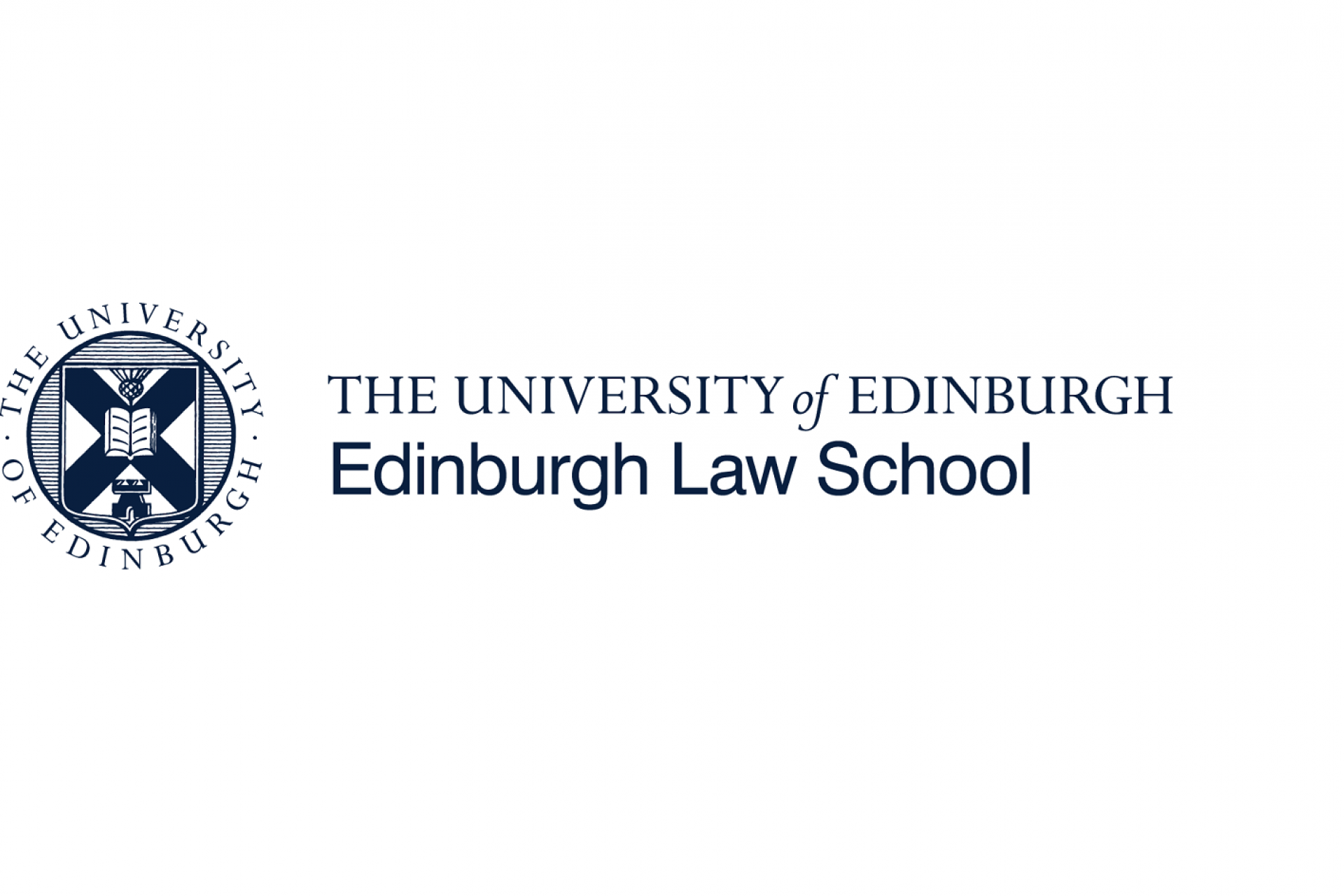Pesticide Suicides and Human Rights in Asia - Michael Eddleston and Leah Utyasheva

Location:
Room 1.1
Lister Learning and Teaching Centre
5 Roxburgh Place
Date/time
Tue 24 September 2019
15:00-17:00
About the seminar
Pesticide suicides are one of the three most common global means of suicide, causing over 150,000 deaths each year. The majority occur in rural agricultural communities of Asia, where pesticides are readily available to small-scale farmers and their families in poor under-resourced households. It is a particularly important problem in India where the issue of farmer suicides is extensively discussed. However, only about 7,500 pesticide suicides occur in ‘farmers’ (owners of land, usually male) each year - another 65,000 deaths occur annually in other rural residents who do not own land. Political discourse ignores many of these other deaths.
Effective prevention focuses on improving medical care of poisoned people and of removing highly hazardous pesticides from agriculture. Where this has been done, especially in Sri Lanka and China, there have been major reductions in both total and pesticide suicides. For example, in Sri Lanka, the ban of about ten compounds over 20 years resulted in a 72% reduction in total suicide and 93,000 lives being saved at a cost of about 50 USD per life saved. BY contrast, attempting to improve the use and storage of pesticides has not been associated with a reduction in poisoning attempts and deaths. The WHO has recently highlighted the cost-effectiveness of pesticide regulation for suicide prevention; it will be considered as potential ‘best-buy’ for prevention of non-communicable diseases at the next WHO Assembly in May 2020.
In addition to enormous individual, communal and societal suffering, as well as public health, economic, and developmental harm, human exposure to highly hazardous pesticides leads to serious human rights violations, impacting the right to life, the rights to health, information, and remedy, to name but a few. This talk will focus on a discussion of the right to life, as the main right impacted by pesticide suicides, while discussing other human rights and developmental implications of pesticide self-harm. Our analysis draws on the extensive jurisprudence of the European Court of Human Rights and the United Nations human rights “respect, protect and fulfil” framework. It shows that, by failing to restrict access to highly hazardous pesticides, States violate their obligations under international human rights law. In order to achieve the Sustainable Development Goals, States, businesses and civil society need to apply the human rights-based approach to preventing pesticide suicides and to develop a comprehensive plan to phase out or ban the most highly hazardous pesticides.
More information on the Centre for Pesticide Suicide Prevention website: https://www.centrepsp.org/
This event is free and open to all. No registration necessary.